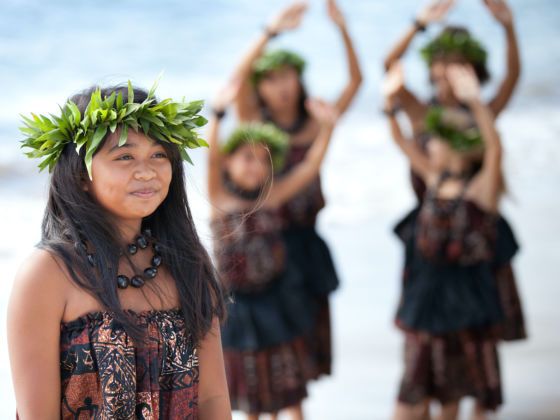1. Talk story
Remember when you were a child and you couldn’t believe how long the adults could sit in the same spot and just talk? “I just wanted fo leave da party but da aunties were talking story foeva.” Gossip, chit-chat, reminiscing, or talking with old friends, in Hawaii we use one word to sum it all up.
2. Tita/moke
When someone says “tita”, there’s likely one person who comes to mind and everyone knows that you don’t mess with her. Tita is reserved for a tough local chick who is not scared to get in a fight and doesn’t take anything from anyone. She’s usually a tomboy, speaks pidgin, and is super defensive about her hometown and family. Moke is the male version of a tita.
